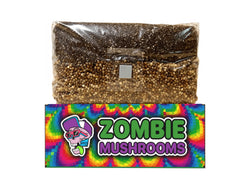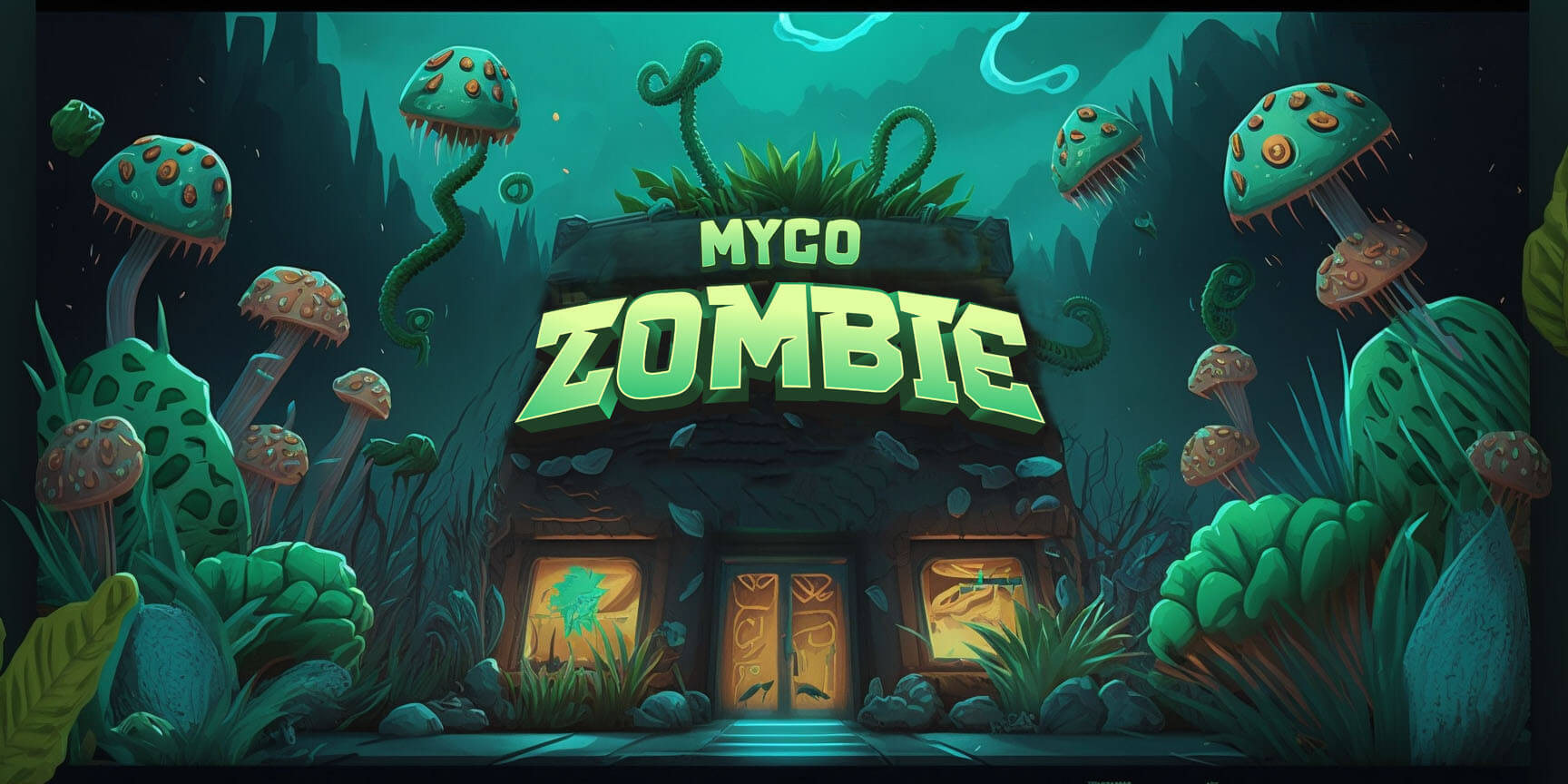The FDA’s ruling on MDMA recently declined approval for MDMA-assisted therapy for PTSD, citing safety, trial design, and ethical concerns. This article covers what led to the decision and its implications for future psychedelic treatments.
Key Takeaways
-
The FDA declined approval for MDMA-assisted therapy for PTSD due to concerns over trial integrity, ethical breaches, and the need for further research.
-
Lykos Therapeutics faces significant challenges following the FDA’s decision, including major organizational changes and plans to appeal for more studies to address safety and efficacy concerns.
-
Despite the setback, the decision underscores the importance of rigorous ethical standards in psychedelic research, which is crucial for future approvals and the potential therapeutic benefits of psychedelics.
FDA's Decision on MDMA Therapy
The FDA’s ruling to decline approval for MDMA-assisted therapy for PTSD came as a surprise to many in the psychedelic movement. This unexpected blow has stirred up significant debate and concern within the community. The Food and Drug Administration’s decision underscores the rigorous standards that must be met for new accepted medical treatments to be approved.
One of the primary reasons for the FDA’s decision was the need for further research. The FDA echoed concerns about the clinical trial design and unreported adverse events that needed to be addressed before moving forward. These issues raised significant doubts about the safety and efficacy of MDMA therapy, leading to the FDA’s request for additional studies to ensure that the treatment is both safe and effective for patients.
Adding to the complexity, the FDA also highlighted ethical misconduct during the trials. This included unreported adverse events and potential ethical breaches, which further complicated the path to approval. As a result, the FDA declined to approve MDMA-assisted therapy at this time, emphasizing the need for more comprehensive research to address these concerns.
Why the FDA Declined Approval
The FDA’s decision to decline approval for MDMA-assisted therapy highlights the intricate challenges regulators face when assessing new psychedelic treatments. This decision followed the retraction of several studies due to ethical breaches and undisclosed protocol violations. These issues raised significant doubts about the integrity of the clinical data presented.
One of the major issues was the ethical breaches and protocol violations discovered during the trials. Some researchers involved had conflicts of interest that were not fully disclosed, which compromised the credibility of the findings. This led to a retraction of several studies, further complicating the approval process.
The culmination of these factors, including conflicts of interest and insufficient evidence, raised significant concerns about the safety and efficacy of MDMA-assisted therapy for PTSD. The Food and Drug Administration’s advisory committee echoed these concerns, leading to their decision to decline approval at this time. This decision, while deeply disappointing to many, underscores the importance of rigorous and ethical clinical research.
The Impact on Lykos Therapeutics
The recent FDA decision represents a significant challenge for Lykos Therapeutics, a company once seen as a leader in psychedelic-assisted therapy research. The concerns raised by the FDA about trial integrity and ethical issues have directly impacted Lykos’ future plans for MDMA therapy. This decision has forced the company to confront major obstacles in its path forward.
One of the key issues within Lykos’ trials was the pressure to present favorable outcomes. This internal pressure led to ethical concerns and questions about the integrity of the data. As a result, Lykos has undergone significant reorganization, reducing its workforce by 75% to concentrate on addressing the FDA’s concerns. This reorganization reflects the company’s commitment to resolving these issues and moving forward with its research.
Despite these challenges, Lykos Therapeutics is not giving up. The company plans to appeal the FDA’s decision, with CEO Amy Emerson describing it as “deeply disappointing.” Lykos has appointed David Hough, MD, as senior medical advisor to facilitate communication with the FDA and oversee the necessary clinical work. These steps indicate Lykos’ determination to address the FDA’s concerns and continue its research into MDMA-assisted therapy.
The Role of Clinical Trials in FDA's Decision

Clinical trials played a crucial role in the FDA’s decision to decline approval for MDMA-assisted therapy. An FDA advisory committee voted against the therapy, raising concerns about the credibility of the data and the design of the clinical trials. These concerns were significant enough to lead to a vote against the approval during the advisory committee meeting.
One of the major issues raised was selection bias. Research indicated that nearly 40% of trial participants had previously used MDMA, potentially leading to biased outcomes. This selection bias cast doubt on the validity of the trial results and raised questions about the reliability of the data presented by Lykos Therapeutics.
In response to these concerns, the FDA has requested an additional phase 3 trial to further evaluate the safety and efficacy of MDMA-assisted psychotherapy. This request underscores the importance of robust and unbiased clinical research in gaining FDA approval. The FDA typically requires comprehensive and credible data before approving new treatments, and the issues raised during the advisory committee’s review highlighted the need for further research to address these concerns.
What This Means for Psychedelic Research

The FDA’s decision has significant implications for the broader field of psychedelic research. Despite the committee’s negative vote, some experts believe that the FDA may still approve MDMA therapy in the future due to the quality of the data presented. However, the controversy surrounding Lykos’ application could influence the timeline for approvals of other psychedelics, such as psilocybin.
The excitement surrounding psychedelic research has led to inflated expectations, complicating the interpretation of trial results when outcomes aren’t as effective as hoped. Despite setbacks, Lykos Therapeutics’ work highlights the ongoing need for more robust clinical data to support the efficacy of MDMA in therapy. This need for rigorous research is crucial to validate the therapeutic potential of MDMA and other psychedelic drugs.
The controversy also underscores the importance of maintaining high ethical standards in psychedelic research. The need for credible and unbiased data is paramount to gaining regulatory approval and advancing the field of psychedelic science. As researchers continue to explore the potential of psychedelic therapies, it is essential to uphold these standards to ensure the safety and efficacy of these treatments.
Potential Next Steps for MDMA Therapy
Following the FDA’s decision, Lykos Therapeutics is planning to meet with the FDA to discuss strategies for moving forward. The company received a complete response letter (CRL) from the FDA regarding MDMA-assisted therapy and is committed to addressing the concerns raised. This meeting will be crucial in determining the next steps for MDMA therapy.
Research into the adverse effects of psychedelics is still in its infancy, indicating a need for more comprehensive studies on the risks involved. Developing strategies to manage serious adverse events in patients undergoing psychedelic treatment is critical. This will ensure that the benefits of MDMA therapy can be realized while minimizing potential risks.
Additionally, Lykos Therapeutics must focus on conducting more rigorous and ethically sound clinical trials. These trials will need to address the issues raised by the FDA, including selection bias and unreported adverse events related to the active drug. By doing so, Lykos can work towards gaining FDA approval and making MDMA-assisted therapy a viable treatment option for patients with PTSD.
How This Affects Patients with PTSD
The FDA’s decision to decline approval for MDMA-assisted therapy has profound implications for patients with PTSD. Approximately 13 million Americans are affected by PTSD, and current gold standard treatments, such as trauma-focused psychotherapy, only have a 60 percent response rate. This leaves a significant portion of patients with unmet treatment needs to treat PTSD.
Many individuals with post traumatic stress disorder recognize their mental health issues but report an unmet need for treatment. Education level significantly influences treatment utilization, with those having only a high school education exhibiting more unmet needs. Approximately 35% of individuals with post traumatic stress disorder will never seek treatment throughout their lives, and many experience various PTSD symptoms. These statistics highlight the urgent need for innovative treatments that can address these gaps in care.
Lykos Therapeutics focuses on innovative treatments such as MDMA-assisted psychotherapy for PTSD. Despite the FDA’s decision, the potential benefits of MDMA therapy cannot be ignored. This treatment could provide significant relief for patients who have not responded to traditional therapies, addressing a critical gap in mental health care.
Broader Implications for Psychedelic Therapies

The FDA’s decision to decline approval for MDMA-assisted therapy amounts to more of a delay than a death blow for psychedelic therapies. This decision underscores the need for better regulatory frameworks that can accommodate the unique challenges posed by psychedelic research. The potential for MDMA and other psychedelics to revolutionize mental health care remains significant.
Increased scrutiny of psychedelic research can lead to more rigorous and ethical studies in the future. This heightened scrutiny will ensure that the data presented to regulatory agencies is credible and unbiased, ultimately benefiting the field of psychedelic science. As researchers continue to explore the therapeutic potential of psychedelic drugs, maintaining high standards will be crucial for gaining regulatory approval.
The decision also highlights the importance of psychological support and ethical conduct in psychedelic therapies. Ensuring that patients receive comprehensive care and that researchers adhere to ethical guidelines will be essential in advancing the field. Despite the setbacks, the future of psychedelic therapies remains promising, with the potential to provide new and effective treatments for various mental health conditions.
The Economic and Clinical Review Process
The economic and clinical review process is a critical aspect of gaining FDA approval for new treatments. The economic effects of implementing psilocybin therapy, for example, could alleviate the long-term costs associated with traditional antidepressant treatments, benefiting both patients and insurers. This potential economic benefit underscores the importance of rigorous clinical and economic reviews in the approval process.
Historically, the FDA has declined approval for about 67% of drugs that received negative advisory committee votes. This statistic highlights the challenges faced by new treatments in gaining FDA approval. The importance of credible and unbiased clinical data cannot be overstated, as it plays a crucial role in the FDA’s decision-making process.
The complete response letter received by Lykos Therapeutics emphasizes the need for further clinical and economic review. Addressing the concerns raised by the FDA and conducting additional trials will be essential for gaining approval. This rigorous review process ensures that new treatments are both safe and effective for patients, ultimately benefiting the field of psychedelic research and mental health care.
Reactions from the Psychedelics Industry
The FDA’s ruling has elicited strong reactions from the psychedelics industry. Industry leaders expressed that the decision is a significant setback for the movement to integrate psychedelics into mainstream mental health care. However, some experts believe that while the decision is a setback for MDMA, it may not hinder the overall progress of psychedelic research.
Advocacy groups, such as the Heroic Hearts Project, criticized the FDA’s decision as a bureaucratic failure, highlighting the urgent need for effective treatments for veterans suffering from PTSD. These groups have mounted a major public pressure campaign in response to the FDA’s decision, emphasizing the importance of innovative treatments like MDMA.
Despite the setback, there is optimism within the industry that rigorous future studies could lead to eventual approval for MDMA-assisted therapy. The resignation of Rick Doblin, founder of MAPS, from the Lykos Board to focus on promoting global access to MDMA and other psychedelics is a testament to the ongoing commitment to this field.
Summary
The FDA’s decision to decline approval for MDMA-assisted therapy for PTSD is a significant moment in the journey of psychedelic research. This decision, driven by concerns over trial integrity, ethical breaches, and the need for more comprehensive data, underscores the rigorous standards that new medical treatments must meet. It highlights the importance of ethical conduct and robust clinical trials in gaining regulatory approval for new therapies.
While the decision is a setback, it is not the end of the road for MDMA therapy or psychedelic research. Lykos Therapeutics’ plans to address the FDA’s concerns and conduct additional trials show a path forward. The broader implications for psychedelic research suggest that, with more rigorous and unbiased studies, the therapeutic potential of MDMA and other psychedelics can still be realized.
Looking ahead, the future of psychedelic therapies remains promising. The need for innovative treatments for mental health conditions like PTSD is undeniable, and the potential benefits of MDMA therapy cannot be ignored. As the field continues to evolve, maintaining high ethical standards and producing credible data will be crucial in advancing the science and gaining regulatory approval.
Frequently Asked Questions
Why did the FDA decline approval for MDMA therapy?
The FDA declined approval for MDMA therapy due to concerns over clinical trial design, unreported adverse events, and ethical misconduct, which raised significant doubts about the treatment's safety and efficacy.
What are the next steps for Lykos Therapeutics?
Lykos Therapeutics will meet with the FDA to address concerns and plans to conduct additional trials while appealing the decision to pursue approval for MDMA-assisted therapy. Their strategy focuses on proactive engagement and further research to advance their therapeutic goals.
How does this decision affect patients with PTSD?
This decision hinders access to a promising treatment for PTSD patients, emphasizing the necessity for new therapeutic options. The potential advantages of MDMA therapy for individuals who have not found relief with conventional methods are still considerable.
What are the broader implications for psychedelic research?
The broader implications for psychedelic research indicate that regulatory decisions could accelerate the approval process for psychedelics like psilocybin, emphasizing the critical role of rigorous clinical studies in advancing this field. This shift may lead to more widespread acceptance and utilization of psychedelics in mental health treatments.
How has the psychedelics industry reacted to this decision?
The psychedelics industry has had mixed reactions to the decision, with some viewing it as a setback while others maintain optimism about future research and treatments. Advocacy groups and industry leaders are actively promoting the importance of developing effective mental health therapies.





